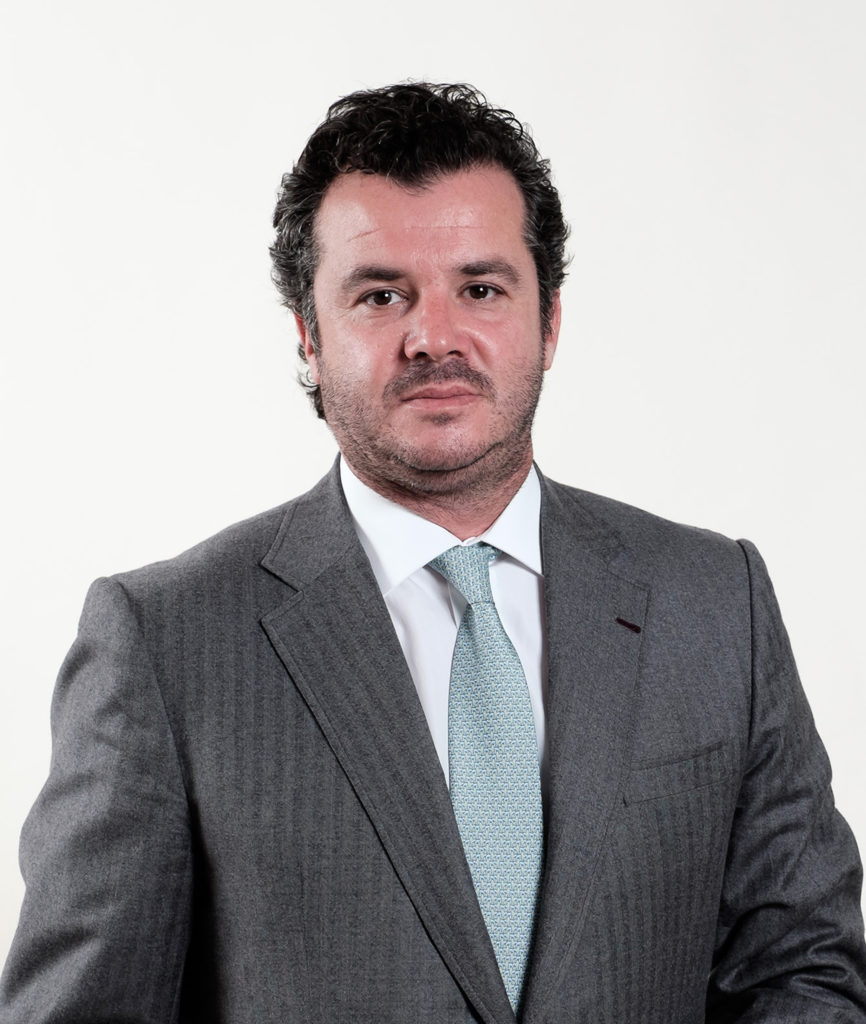TTR Dealmaker Q&A with Garrigues Portugal Partners Susana Pimenta de Sousa and Mário Lino Dias
Garrigues Portugal Partners Susana Pimenta de Sousa and Mário Lino Dias spoke to TTR about what to expect from the Portuguese M&A and Private Equity markets in 2019 and the acquisition of Frutorra by Grefusa, chosen as Deal of the 4Q by TTR.

Mário Lino Dias
Susana Pimenta de Sousa
How would you assess the performance of the M&A market in Portugal in the first two months of 2019? Is there any scenario or trend that we should be aware for 2019?
The M&A market in Portugal in the first months of 2019 is in line with last year’s performance, although after a cool down period in the European transactions’ market in the second semester of 2018 it is advisable to assume that this “cooling” environment may probably hit the Portuguese market during the course of this year. In any case, it is always difficult to predict what will be its exact impact or if it is due to the relative uncertain environment that Europe is living nowadays.
What are the biggest constraints to M&A operations in Portugal today and how does it impact on the attractiveness of companies looking for investment, especially in regulated sectors such as financial, health and infrastructure concessions?
The recurrent main constraints are tax stability, predictability on timings and approvals from public authorities (particularly regulatory ones, when applicable) and uncertainties on future performance of Portuguese markets. In particular on healthcare where we may see some specific interests in Portugal coming from the other side of the Atlantic, the timing for reaction and approvals from the regulatory authority may be crucial to allow an effective investment, but if not expeditious investors will give up and look into other markets in Europe.
Regarding the performance of the Private Equity funds in Portugal, how does the Portuguese legislation figure in the face of international models and practices, in a scenario where most of the deals are not large enough to attract the major international Private Equity houses who have minimum tickets of much greater value?
The legal or regulatory framework tend not to be a blockage on the investment in Portugal. The funds have structures set up on different jurisdictions and the assessment made at the Portuguese level is mainly centered on the target legal and economic environment. In our experience the issue raised by the size of the transactions that brings Portugal out of the radar due to minimum ticket levels is balanced by the attractiveness of a less competitive transactional market (with still one to one negotiation available and less competitive bids), price with multiples still below other Southern European countries and ability to find well-managed companies with leading position on specific sectors.
When it comes to foreign investments made in Portuguese companies, Spain remains the country’s biggest investor, especially in the Real Estate and Health sectors. What are the current market conditions that help explain this preference and will it last?
Portugal is almost a natural choice for Spanish investors, as they normally think about building an Iberian strategy for positioning their companies and groups. The geographical proximity is also a factor for the choice, as it will involve fewer resources rather than an investment in other or culturally different jurisdictions. The Spanish economy is still performing very well and the perspectives are good for 2019, although some political uncertainties, so the preference for Portugal will last for sure!

In November 2018, the Spain-based nuts and cereal snacks producer Grefusa acquired 70% of the Portuguese Frutorra from the Fernandes Pimenta family, chosen as Deal of the 4Q by TTR. How did Garrigues land this mandate and what would you highlight in terms of importance and complexity in this deal?
Garrigues has landed the mandate due to the long-standing relationship with Grefusa as client for many years, particularly through our offices in Valencia. Frutorra has a leading position in the dry fruits market in Portugal. Therefore, its acquisition by Grefusa was important not only because it marked the entrance of Grefusa into the Portuguese market but also as an essential factor to meet their growth plans and to reinforce their position in the dry fruits sector. The complexity of the deal was mainly related to the fact that Grefusa was not acquiring 100% of the share capital, and therefore the parties needing to agree on the future terms of their relationship subject to a very short timeframe.
